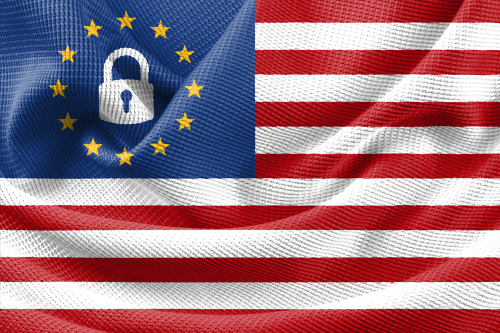U.S. Sens. Ron Wyden (D-OR) and Mike Crapo (R-ID) recently forwarded correspondence to President Joe Biden, advocating for the European Union (EU) digital regulations policy to be examined for unfairly targeting some American companies.

Wyden, chair of the Senate Finance Committee, and Crapo, ranking member of the Senate Finance Committee, maintain there are discriminatory aspects of EU digital regulations impacting American companies but failing to regulate similar companies based in Europe, China, Russia, and elsewhere, providing those companies a competitive advantage and violating bedrock principles of international trade.
“The EU’s regulatory efforts underlying the Digital Services Act (DSA), Digital Markets Act (DMA), digital services taxes, and other proposals target American technology companies, threaten them with enormous tax bills, compliance costs, and regulatory penalties, and give the competitive edge to the homegrown European industry,” the legislators wrote. “We support thoughtful, even-handed policies to protect consumers and encourage competition online. However, regulatory efforts that discriminate against U.S. employers and their workers by exempting the EU’s domestic companies, and even other foreign companies, are both unfair and counterproductive to the purported goals of ensuring privacy, protecting consumers, and promoting national security.”
According to Wyden and Crapo, unless the United States raises concerns and presses the EU to reconsider its approach to digital regulations, the EU policies will continue to place domestic companies and their workers at a disadvantage while giving an unfair advantage to competitors based in Europe, China, and Russia.
“The importance of our relationship with the EU makes it all the more necessary to expeditiously resolve all major trade irritants between us, not solely those raised by the EU. We urge you to work to resolve these concerns, avoid further trade barriers, and build a stronger relationship to meet the challenges of the global economy together.”